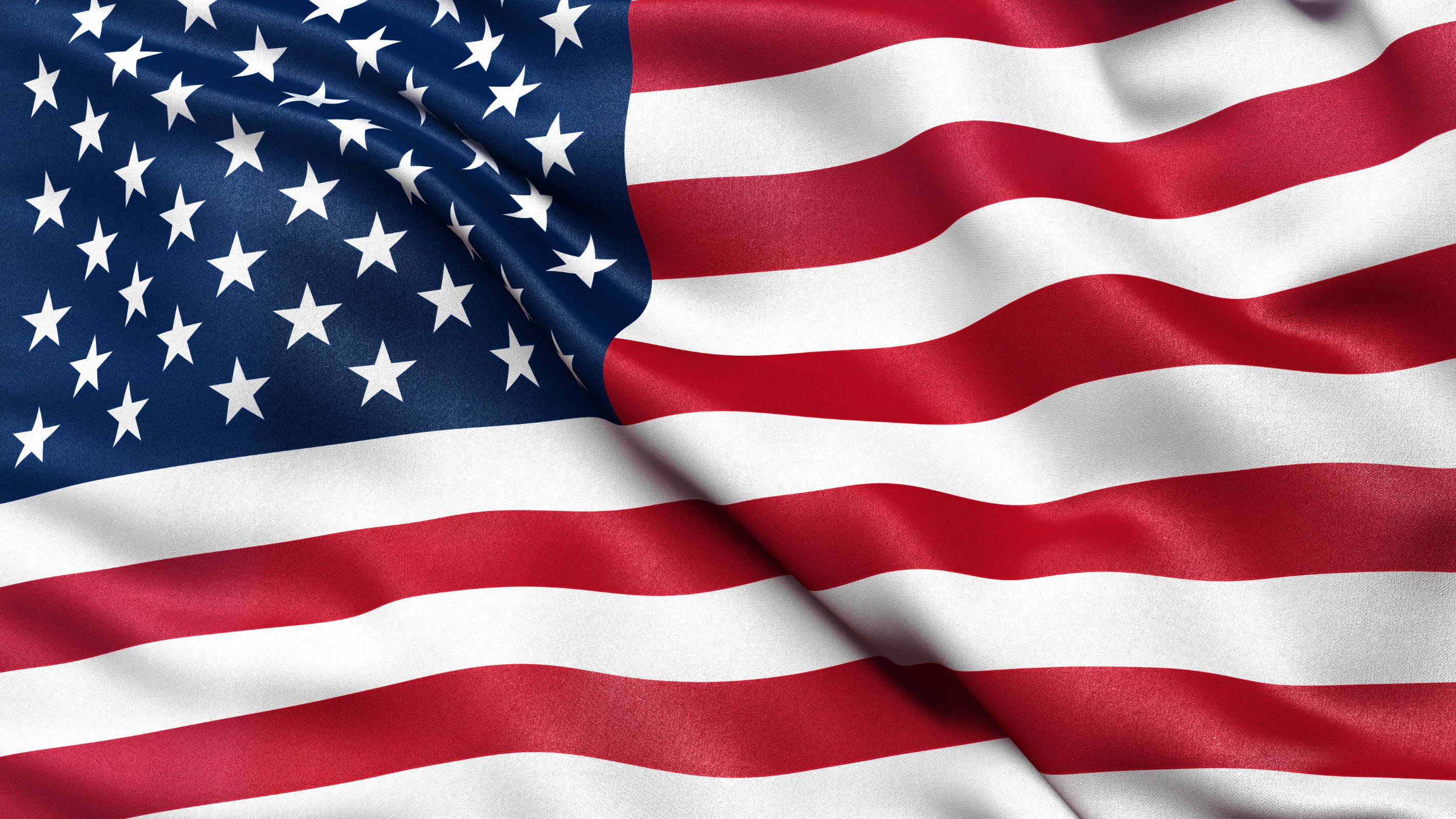
Ahead of UK prime minister Rishi Sunak’s visit to the US, where he will meet with president Joe Biden, the IOE&IT Daily Update rounds up the latest developments in US trade – including a potential thawing of China-US tensions, an agreement with the EU on artificial intelligence (AI) and the UK’s opening of negotiations with the state of Colorado.
US-EU
The latest meeting of EU and US trade officials has revealed a difference in tone when it comes to dealing with China.
Sweden hosted the fourth ministerial meeting of the Trade and Technology Council (TTC) to discuss a range of topics, including AI and future technology, Trump-era tariffs and US green subsidies. According to Bloomberg, the EU stripped out explicit references to China as a non-market economy and softened Washington’s more confrontational approach.
Brussels wants to see closer cooperation to boost green US-EU trade, including introduction greater mutual recognition of product standards, reports Reuters, although there is limited appetite for a more comprehensive free trade deal.
The EU is seeking progress with the US towards an accord on critical minerals used for electric vehicles and wants to see progress on a “green steel” arrangement that is required by the end of October to avert the return of the tariffs previously imposed by former president Donald Trump.
AI differences
The TTC summit in Luleå, Northern Sweden, also saw EU and US officials work up a voluntary “code of conduct” on the development of Artificial Intelligence (AI) technologies that could be signed “within weeks”, with the hope that fellow democracies will also join, according to the Economic Times.
A voluntary code could be a stopgap until binding legislation is in introduced in a few years’ time, reports Politico.
Differences remain between Washington and Brussels on how to police AI, with the EU favouring mandatory rules while the US prefers a more hands-off approach, relying on the multi-billion tech industry to come up with its own safeguards.
US-China
China and the US aired their mutual trade grievances but pledged to keep channels of communication open in the first visit by a senior Chinese official to Washington since 2020.
Chinese commerce minister Wang Wentao met US counterpart Gina Raimondo in tentative signs of efforts to stabilise relations, which have hit their lowest point in 50 years, reports the FT.
Wang raised concerns about US export controls on goods such as semiconductors, as well as proposals to review outbound investments for security purposes.
Raimondo voiced US worries about recent actions by Beijing against US companies operating in China.
Wang also met with representatives of US firms in Shanghai, including Johnson & Johnson, 3M, Dow, Merck, and Honeywell, reports VOA. He told them that “China will continue to welcome US-funded enterprises to develop in China and achieve win-win results”.
Tensions had flared recently following the latest G7 meeting statement criticising China over its use of “economic coercion” in trade. Analysts have said that the countries could be trying to create the conditions for president Xi to visit the US in November for a meeting of the Asia-Pacific Economic Cooperation forum.
US-Taiwan
This recent thawing could be threatened by the US’s new trade arrangements with Taiwan that are being negotiated via the US-Taiwan Initiative on 21st Century Trade framework.
China has denounced the talks as it claims Taiwan as its own territory, according to the Guardian.
The deal includes measures to streamline border procedures and aims to strengthen economic ties between Washington and Taipei, opening Taiwan to more US exports, reports the BBC.
According to Reuters, Taiwan and the US started talks last August after Washington excluded Taiwan from its larger pan-Asian trade initiative, the Indo-Pacific Economic Framework.
After the initial agreement, negotiations will start on more complicated trade areas such as agriculture, digital trade, labour and environmental standards, state-owned enterprises, and non-market policies and practices.
State level deals
The UK is to pursue a memorandum of understanding (MOU) to strengthen trade and economic ties with the US state of Colorado.
Governor of Colorado, Jared Polis, met with UK trade minister, Nigel Huddleston, for talks on increasing transatlantic trade and investment opportunities for UK and Colorado companies across a variety of sectors.
In the absence of a nation-wide free trade agreement with the US, the UK is pursuing a policy of signing state-level deals and has already signed MOUs with Indiana, North Carolina, South Carolina and Oklahoma. Engagement with other states, including Texas, Utah and California, is ongoing.
UK Americas minister David Rutley travelled to the Midwestern states of Kentucky, Indiana and Ohio to promote UK-US trade ties.



